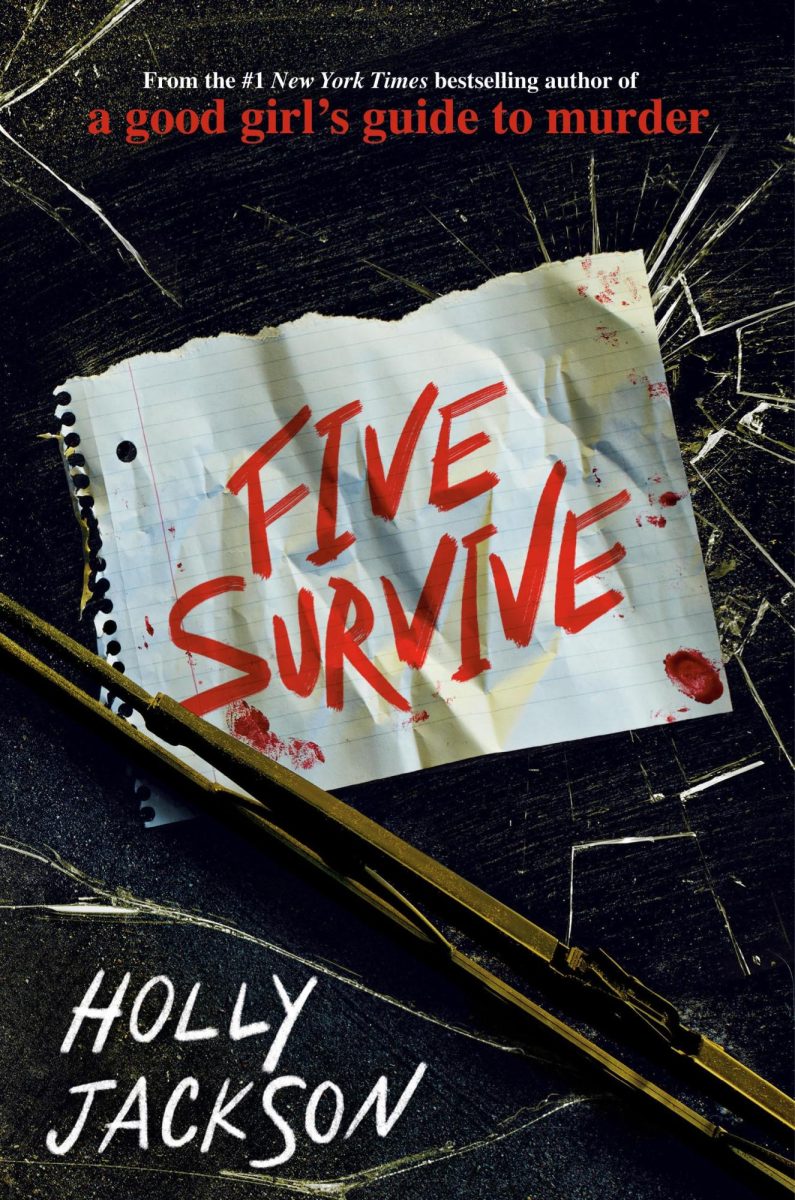How are different countries handling COVID-19? The Vietnam Perspective
April 20, 2020
By taking proactive and comprehensive measures, the Vietnamese government has managed to contain the outbreak of COVID-19 with only 268 infected cases and no fatalities as of April 16, 2020. Compared to Italy, a country relatively equal in size to Vietnam, which recorded 165,155 cases and 21,645 deaths, Vietnam is doing miraculously well despite its 1,444-kilometer border with China, dense population, and low budget.
By the end of January, right after the Lunar New Year, my mom told me that schools in Vietnam were being closed because of the novel coronavirus originating from Wuhan. “They are totally overreacting,” I texted my mom\; at that time, all the 5000 cases were still contained in mainland China.
However, the situation escalated quickly\; it exceeded the SARS outbreak of 2003 and spread around the globe in a month’s time. The Vietnamese government wasn’t overreacting\; they were preparing for the worst. Big cities were put under lockdown and the authorities were tracking down anyone who potentially came in contact with the virus.
“Fighting the epidemic is fighting the enemy,” the Prime Minister of Vietnam said on television. Aware of the national government’s lack of funding and the country’s limited healthcare system, the government knew they wouldn’t be able to control the outbreak were it to get out of hand.
As the situation worsened in the U.S. by the mid-March, my family decided to book a flight for me to go home. I sat on the sixteen-hour flight with so much anxiety, apprehension, and paranoia\; even a cough from a person five seats away would make me stiff with fear.
Upon arriving at Noi Bai International Airport in Hanoi, all the people from my flight had their temperature recorded and were given clear instructions on what to do. A person from my flight was recorded to have a fever and was immediately sent to the hospital.
In less than an hour, we were driven to a quarantine camp that was formerly a college dorm. The building was closely guarded by soldiers in protective garments. After having my information documented and my passport taken away, I got assigned to a room on the eighteenth floor with three other girls from my flight.
While in South Korea people quarantined in a hotel room were charged $100 a night, Vietnam implemented a low-cost model of forced quarantine with free treatment.
Each room was equipped with four bunk beds, four desks, a bathroom, a balcony, blankets, pillows, plastic bags, detergent, and hygiene supplies. Meals were provided three times a day, and everything was limited to essentials. We got tested the next day and our temperatures were checked twice daily. If a person tested positive, the whole room would then be moved to a hospital. Although the restricted quarantine situation was mentally challenging, the soldiers in charge of guarding the building were going above and beyond their job’s requirements to make us feel comfortable.
The government’s aggressive response to the virus reinvigorated a sense of pride and unity in Vietnamese citizens. Approximately six million dollars have been donated to help mitigate and contain COVID-19. The government and military forces receive great support and appraisal on social media, newspapers, and television.
Because it is a single-party state, Vietnam depends on a widespread system of public surveillance and a national network of informants. Security officials are found on main streets and neighborhoods to make sure people follow regulations. Neighbors are told to keep tabs and report people who have returned from a foreign country. People who are found sharing fake news and misinformation about the virus have been summoned by police (800 have been fined so far).
“To stay home is to love your country.” “Your country will not abandon you.” “Unite together to fight COVID-19.” Messages and posters like these were spread around by means of social media, rousing a sense of patriotism and responsibility in each individual to support the government during the crisis.








